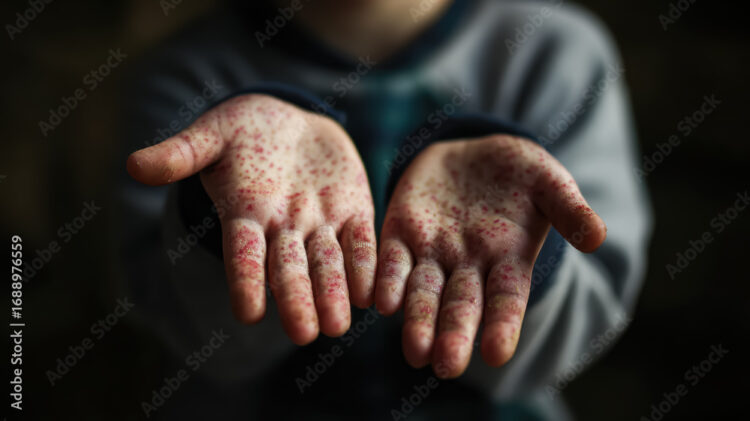Cases of hand, foot, and mouth disease are spiking across several states this fall, and pediatric experts say the surge is unlike anything they’ve seen in recent years.
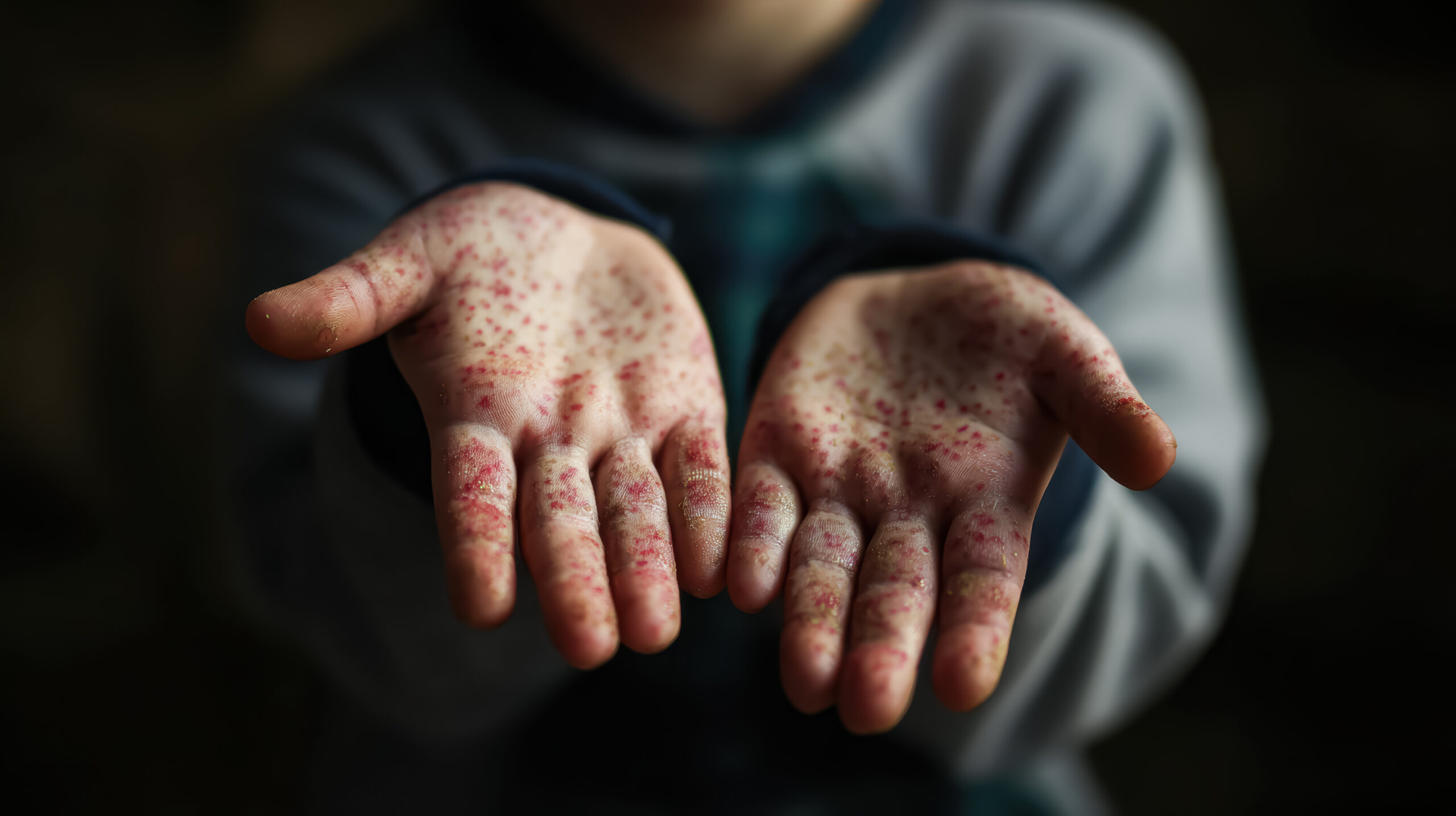
Outbreaks have been reported in Maryland, Virginia, Tennessee and Wisconsin, with doctors noting unusually high numbers among young children, and even teens and adults
“This year, [cases seem] to be out of control,” said Dr. Allison Agwu of Johns Hopkins University School of Medicine in a recent interview with HuffPost. Dr. Agu noted that Maryland’s numbers are “four to five times what they saw this time last year.”
According to pediatric infectious diseases specialist Dr. Matthew Thomas, these waves tend to happen in cycles. “Some years you’ll see a lot of cases, like we’re seeing this year, and then it kind of fades away.”
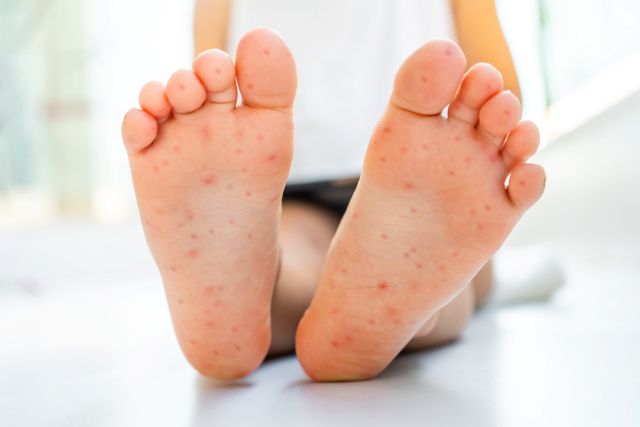
As this virus spreads, exactly what is hand, foot, and mouth disease and what symptoms should parents be on the lookout for?
Hand, foot and mouth disease is an enterovirus infection that can show up like a common cold before the telltale rash sets in. Children may experience fever, runny nose and sore throat, but doctors say the biggest clue is a combination of painful mouth sores and small red bumps on the hands and feet.
“The blisters in the mouth are generally at the back of the throat and are often really painful,” said Dr. Jennifer Duchon of Mount Sinai. Skin peeling on the hands and feet can show up as the illness resolves and “in really dramatic cases, sometimes your fingernails can fall off,” she added.
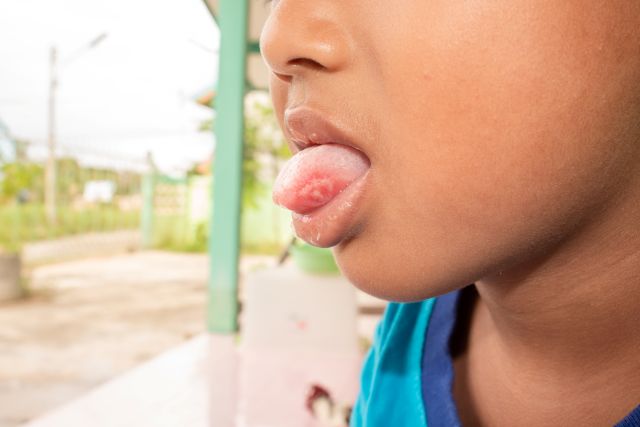
Dr. Agwu is warning that the virus is “super contagious.”. It spreads through respiratory droplets, contact with blister fluid, shared surfaces and even fecal matter, making diaper changes a major risk moment in daycare and at home.
“It’s also spread in stool,” Dr. Thomas noted. “Someone who’s changing diapers is often putting themselves at risk.”
Although most children recover at home, parents must ensure that children remain isolated as there is no medication that cures the virus. Therefore, supportive care is the main treatment: hydration, fever reducers and rest. “No antibiotics are going to get rid of it,” Dr. Agwu emphasized to the outlet.
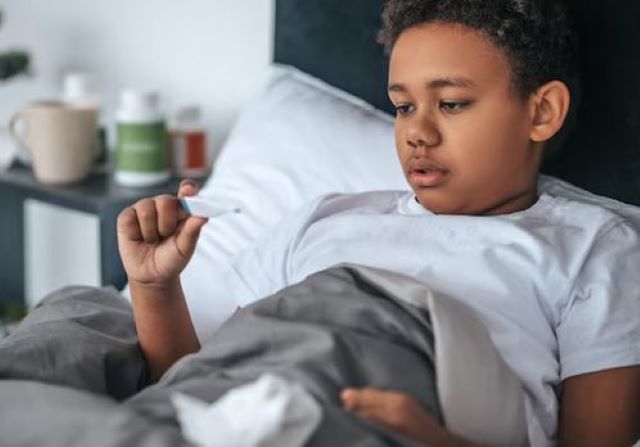
Most children feel better in about a week, but more severe mouth sores can stretch recovery to 10–14 days. Parents should seek medical care if a child can’t drink enough, stops eating or seems unusually weak. Dr. Duchon warned that extreme fatigue or trouble breathing could signal a very rare heart complication.
Doctors say prevention looks a lot like everyday virus protection:
- Wash hands frequently, especially after bathroom trips and diaper changes.
- Use alcohol-based sanitizer when soap and water aren’t available.
- Avoid touching your face.
- Keep sick children home to prevent spread.
- Wear masks in crowded places if cases are surging nearby.
“The way to prevent it is going to be always the same thing — washing hands … and using good hand hygiene,” Dr. said.
As cases continue to rise nationwide, experts hope awareness will help families catch symptoms early and keep the virus from spreading even further.
